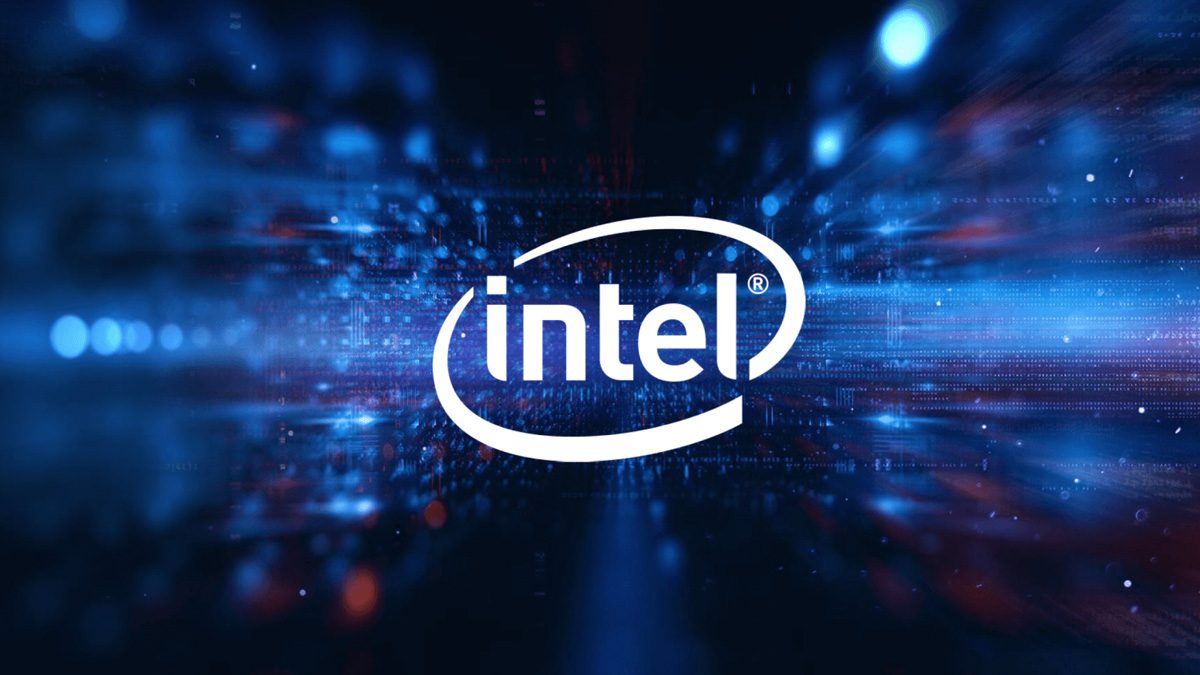Intel suggests a fix to make Google Chrome energy efficient

Google Chrome is the most widely used browser across platforms. Its ease of access makes it the optimal choice for most users. However, Chrome isn’t the perfect browser and has its downside.
Chrome is known for using a large amount of memory and is power-intensive. And this downside is not limited to just Chrome. It also extends to the browsers which use Chrome-engine like Microsoft Edge. So is there any way to address this issue?
According to Intel, there is a way. Intel has been working to find a way to cut down on Chrome’s power-hungry nature. And instead of a power-chugger make it a power-sipper.
An Intel engineer known as Richard stated that Intel platforms since its Icelake chipset have an option to support outputting HDR content with RGBA10 format through its overlay technology.
He went on to say that by enabling this feature would provide a more optimum energy performance. But this would be limited to devices based on Icelake and above.
Now the RGB10 overlay support is limited to Intel’s tenth generation Ice Lake chips and chips that came after. Even though Ice Lake is widely used within the latest computers, the old computers don’t employ it. Also, this support wouldn’t be available on non-Intel computers.
The optimization will benefit Chrome and all Chrome-based devices. As of now, Google hasn’t given a date when the optimization will be released. Owing to the Coronavirus pandemic, Google will not release any new version of Chrome for now.

No comments